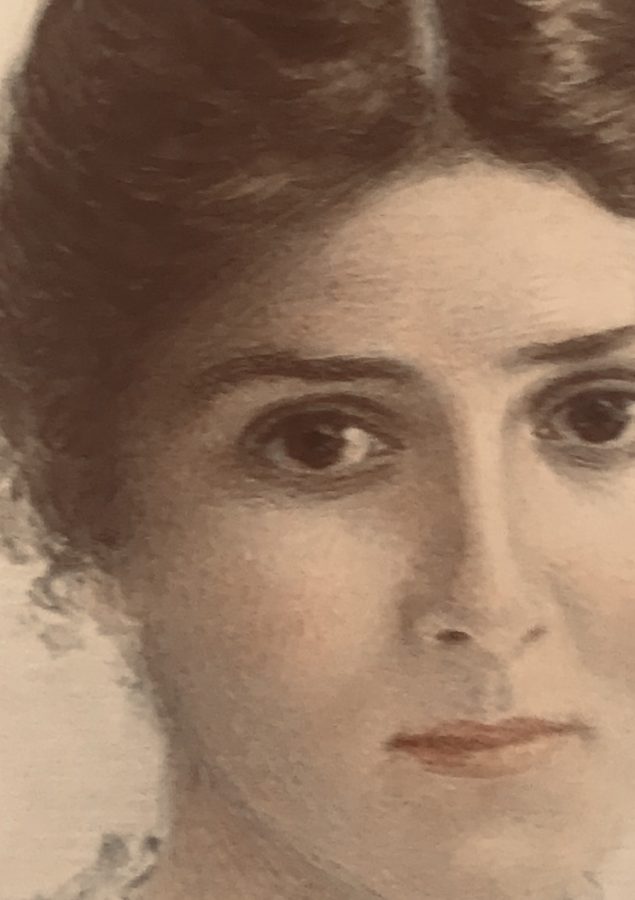“She had no tolerance for scenes which were not of her own making.”
― Edith Wharton, The House of Mirth —
I’m often asked how I get the core inspiration for my novels. There are many different ways authors feel that lightning strike, but they fall into similar categories. Some will tell you they sense a story pattern from beginning to end and can picture it fully, even if through a fuzzy lens. Meg Wolitzer purported to be one of those at a reading I went to a few years ago.
Others tell you they see a scene with people in it. They wonder about certain characters in the scene—why are they looking as they do and doing what they do? Elizabeth Stroud is one of those authors.
One method is narrative-driven and the other inspired by character. Even though they’re linked at the final outcome, they couldn’t be more different. There are plenty of famous authors who weigh in heavily one way or the other, but I’m in Stroud’s camp, and particularly so in my novel Certain Liberties, about to be released on Amazon next month. The characters rule my narratives, not the other way around.
That makes for an interesting dilemma: If the characters make the story, who makes the characters? Stroud has answered that question with the height of honesty. She says she tries to convince herself they’re not just manifestations of herself over and over again, but she can’t, because they are. That’s a truth I resonate to. So many of the characters we create are explorations of our own psyche. You’d think we’d learn because we’re supposed to write what we know, and who among us ever really knows him or herself? Still we authors keep trying, and it can be an exciting adventure as we continue to explore.
That said, something happened with my protagonist in Certain Liberties that gave me a jolt, making me realize I’ve created a character who, in many ways, I’ve wanted very much to be, and yet don’t always like. I often find myself feeling quite jealous of my Emily Alden. Why? Because Emily was born with artistic talent, aristocratic beauty, social advantages that would make most people envious, courage, imagination and something that can’t be faked no matter how loudly we whistle a happy tune: inner confidence. You might assume confidence is a foregone conclusion when you have all those other attributes, but this isn’t that kind of assurance. It’s just there in her heart and soul, part of her DNA from birth even though she’s had some very rough challenges early in life. She seems to like who she is, and in those rare instances when she doesn’t, as is always the case for human beings, she does something about it. That’s perhaps what I admire most about her.
Yes, it’s true I’d give a lot to have the strengths of many of my characters, and in some cases I’d even settle for their weaknesses, although there are certainly tragic flaws I’m happy to steer clear of! I hope readers will come to know everyone in Certain Liberties as well as or even better than I have. What more could a fiction writer want than the acceptance of her characters? I hope they’ll live with readers forever, as they do with me.


The Greeks placed knowing thyself as the highest of priorities in a life, and I suspect that is what gives us the urge to write. To develop the latent image of who we are, our strengths and weaknesses and surprises. Even for those writers who might start with a story, I suspect if they are authentic it’s just another way to get at the character.
Emily is a real character in my mind after having read Certain Liberties, she is as close as many a friend I have had in my life. It’s a tribute to you that she is authentic and thus I can differ with the author about her nature. I suspect it is that because she didn’t have all significant advantages in her early life, that she had to develop the kind of courage to confront life in an assertive and courageous manner. I won’t give away the story, but its a tribute to you, Emily, and all the characters in the book that the reader delights in sorting through the complexities of life to discover hidden facets of Emily and the reader’s own behavior and nature.
Paul
Good readers make good writers, and so it’s clear you’re a good writer. As an author, I’m humbled and honored by your commitment to a figment of my imagination. Thanks for taking Emily and her community so seriously. Since you have a different perspective than I do (not so close), I’ll just bet you’re right and I’m not! Thanks for taking the time to explain the Greek pov too!!